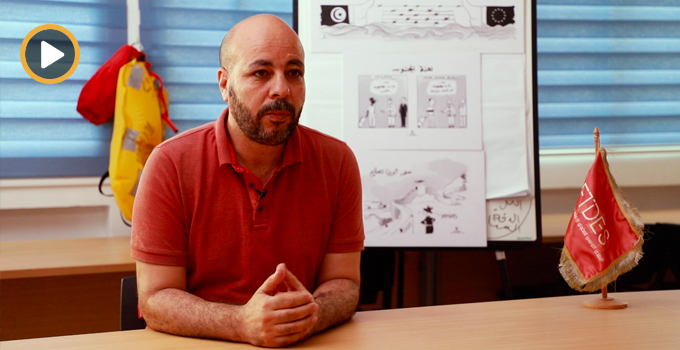L’Université de Washington vient de publier une étude portant, entre autres, sur la nature du contenu du blogging dans les pays à forte majorité musulmane. Cette étude dresse par ailleurs le tableau peu glorieux des persécutions des blogueurs dans ces différents pays.
Voici l’objet de cette recherche universitaire telle que définie par ces auteurs :
The World Information Access 2008 Report presents important trends in the distribution of information and communication technologies around the world.
The 200 WIA Report explores information access by looking at trends in the blogger arrests worldwide, diversity in the ownership of media assets in the 15 largest media markets in the Muslim world, and the ideological diversity of political content online in 74 countries with large Muslim populations.
We sometimes work with data that has been collected by international agencies, but more often our tables and graphics are based on original data collection efforts.
Howard, Philip N, and World Information Access Project. World Information Access Report – 2008. 3. Seattle: University of Washington, 2008.
La recherche semble intéressante et mérite, pour tout chercheur qui travaille sur le sujet, d’être consultée. Voici quelques graphiques extraits du « Briefing Booklet » mis en ligne sur le site du WIA Report.

An overwhelming number of the political parties online were secular and represented the diverse ideological spectrum of political parties found in many other countries around the world. This year the sample includes 74 nations with significant Muslim populations. Political parties are assessed for the volume of content they have online and how internally complex they are. These results are summarized by political ideology, but further analysis and raw data can be found at wiareport.org
Ces deux graphiques semblent particulièrement intéressants tant ils prennent le contrepied du sensationnalisme racoleur d’un certain journalisme qui n’hésite pas à dépeindre les pays à forte majorité musulmane comme sombrant dans le radicalisme musulman. Ces deux graphiques rejoignent par ailleurs les tendances relevées par la recherche de D. Mogahed et J L. Esposito publiée sous le titre “Who Speaks For Islam? What a Billion Muslims Really Think“.

Les pays objet de la recherche

Blogger Arrests Around the World Unfortunately, one way to assess the political importance of blogging around the world is through the growing number of blogger arrests. Since 2003, 64 citizens unaffiliated with news organizations have been arrested for their blogging activities.
The topics of these blog posts vary, as do the kind of criminal charges and punishments handed down. Altogether 940 months of jail time has been served by bloggers around the world. China, Egypt and Iran account for more than half of all the arrests since 2003.
Over the last five years, the average prison time for “citizen journalists” was fifteen months.
These bloggers expose bureaucratic corruption or human rights abuses and express opinions about political figures and public policy options. They post reports and photos from social protests. They write about political artwork, or share images and texts that some feel violate cultural norms.
A noter dans ce dernier graphique, la Tunisie se retrouve à côté de la Chine dans la catégorie des “bleus”, sans jeu de mots.
Astrubal, le 17 juin 2008
http://astrubal.nawaat.org
www.nawaat.org




iThere are no comments
Add yours